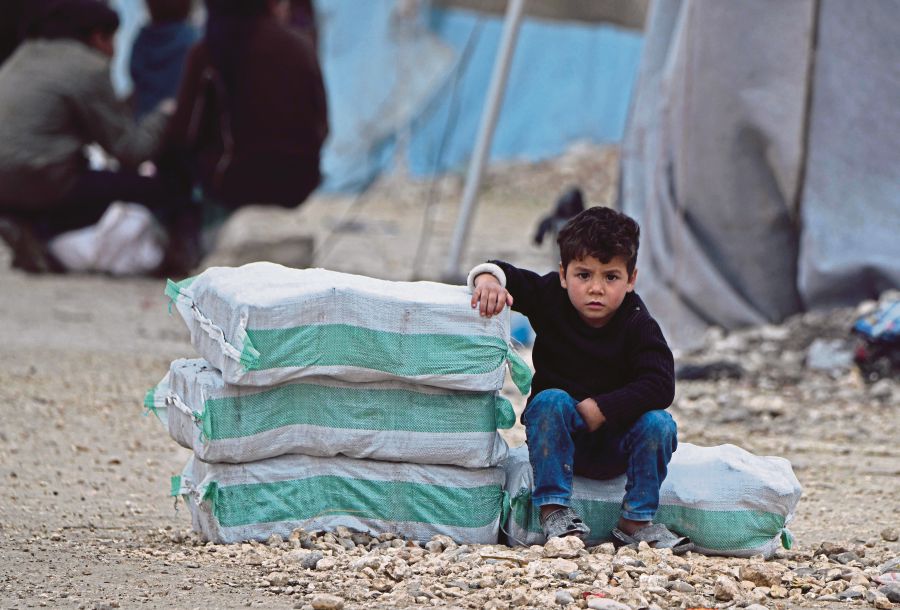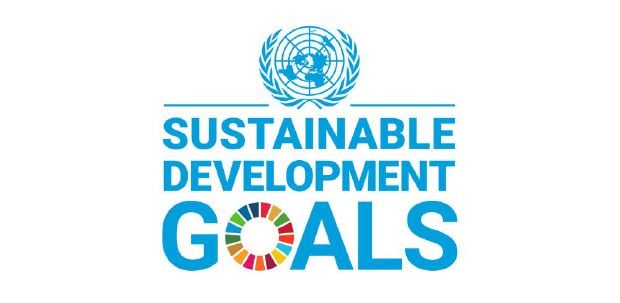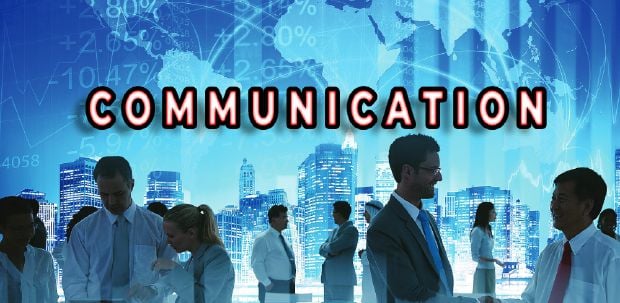REIMAGINING volunteering.
There was no better title that the United Nations Volunteers and the International Federation of the Red Cross and Crescent could have used to brand the Global Technical Meeting on volunteerism that started on July 13 and runs until July 16.
With the participation of thousands of experts, practitioners and volunteers from all over the world, the summit is an important milestone to better integrate volunteerism in the global development agenda.
2020 is not just the year of the global pandemic.
Covid-19 has redoubled its relevance as the official starting point of the Decade of Action to achieve the Sustainable Development Goals (SDGs), setting off the countdown towards 2030 for a greener, more sustainable and more just world.
Volunteerism should, therefore, play a key role in supporting the implementation of the SDGs as an opportunity for all members of society to get involved and engaged.
Volunteerism is a true equaliser, where even members of the most vulnerable groups can mix with other citizens and co-participate as equals in the development of society.
Recently, Minister in the Prime Minister's Department (Special Functions) Datuk Seri Mohd Redzuan Md Yusof, expressed confidence that despite Covid-19, Malaysia in on the right path to achieve Shared Prosperity Vision 2030.
Unfortunately, it seems that sustainable development and the pursuit of the SDGs are being pursued from the sidelines rather than from the core centre of a national development strategy.
Malaysia should present an updated version of its Voluntary National Review of the efforts taken to achieve the SDGs at the earliest.
A national volunteering strategy should integrate and complement such initiatives.
The idea behind the now defunct 1Malaysia 4 Youth (iM4U) was very interesting.
It catalysed the energy of local youth through a well-spread-out network of local centres, acting as sort of volunteering centres, which supported volunteering initiatives on the ground.
In many developed nations, there are volunteering centres that play an important role in harnessing local ingenuity and creativity, not only among local youth but across all age groups.
Former youth and sports minister Syed Saddiq Syed Abdul Rahman tried to rebrand and reboot the iM4U programme as Impact Malaysia, promoting a social innovation agenda and focusing on innovative volunteering.
Given the political situation, no one really can predict what will happen to Impact Malaysia.
Yet, any review of how volunteerism is promoted in the country, while it certainly can focus on "modernisation", also requires continuous support on the ground for its more traditional forms.
We should avoid creating a new "niche" as new programmes should not come at the expense of less educated youth or other groups who could benefit the most from volunteering.
Otherwise, in the name of social innovation, we might neglect for example, members of local indigenous groups such as the Orang Asli.
These groups might lack sophisticated skills and the versatility of modern social innovators, but have other key competencies including willpower and the determination to learn as well as the ability to undertake a transformational process of personal change through volunteering.
Interestingly, on the first day of the Reimagining Volunteering summit, a new knowledge portal on volunteerism was launched and, upon clicking on Malaysia, you find the country boasts of a national volunteering policy.
The problem is that the policy refers only to the People's Volunteer Corps, which promotes a very unique form of volunteerism, one mostly related to national security.
The country, if it really wants to turn its Shared Prosperity Vision into reality and at the same time make meaningful strides towards the 2030 Agenda, desperately needs a national volunteering agenda that also encompasses the role of schools and universities and is geared towards the achievement of the SDGs.
Perhaps the so-trendy soft skills courses should be expanded in scope and include volunteering action, social justice, environmental leadership and a mandatory course for all students based on the SDGs.
A bipartisan approach must be pursued to leverage volunteerism in all its forms, from the most traditional to the most innovative, harnessing the power of youth as well as other Malaysians.
The author writes on social inclusion, youth development and regional integration as an engine to improve people's lives in Asia. He is the Co-Founder of ENGAGE, a not for profit working with youth with and without disabilities based in Kathmandu
The views expressed in this article are the author's own and do not necessarily reflect those of the New Straits Times






